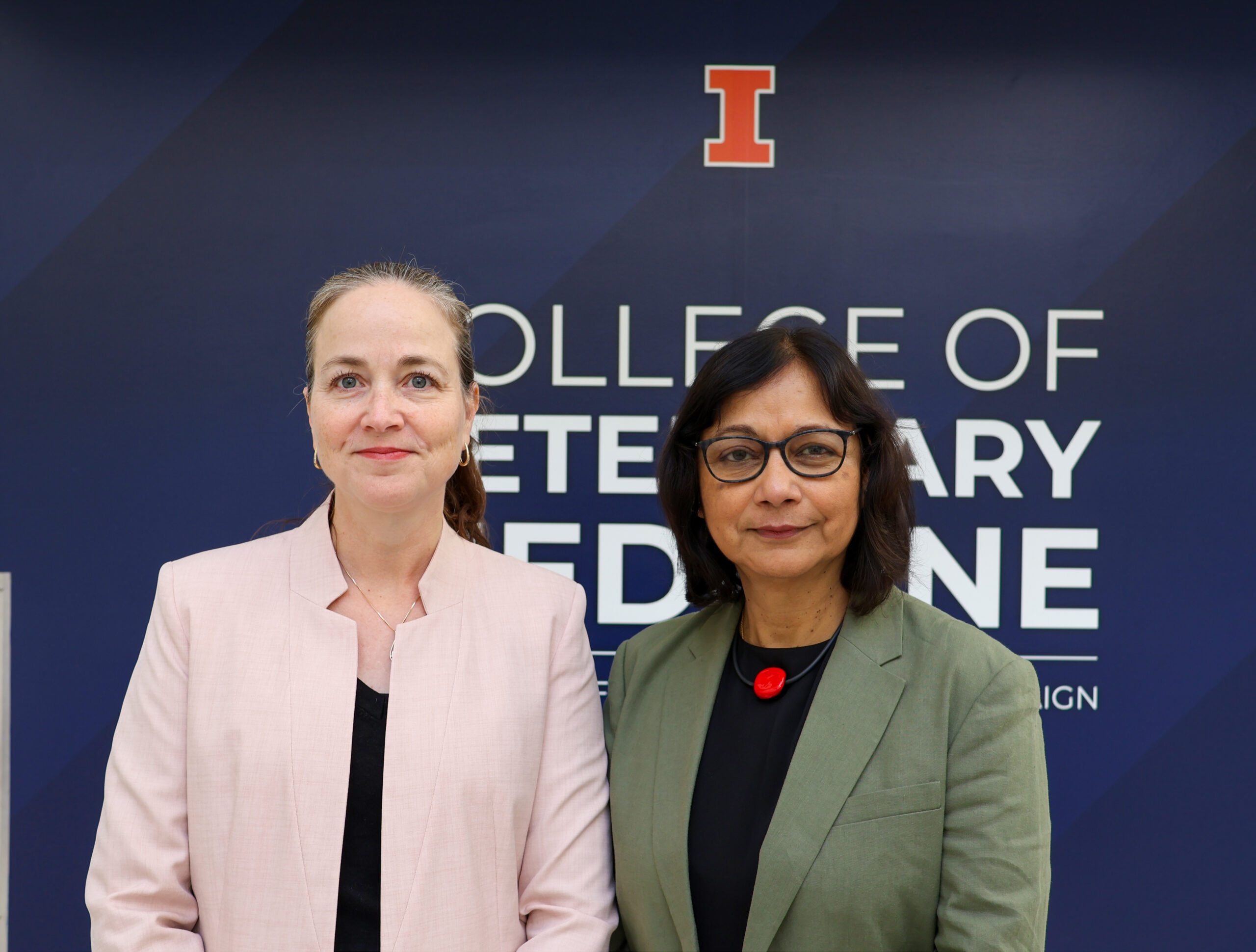Comparative Biosciences News
Neuroscientists have always been interested in what drives an individual’s resilience to stress. While the detrimental effects of prolonged stress have been well documented, little is understood about what biological mechanisms underlie resilience. To better…
Read More >










